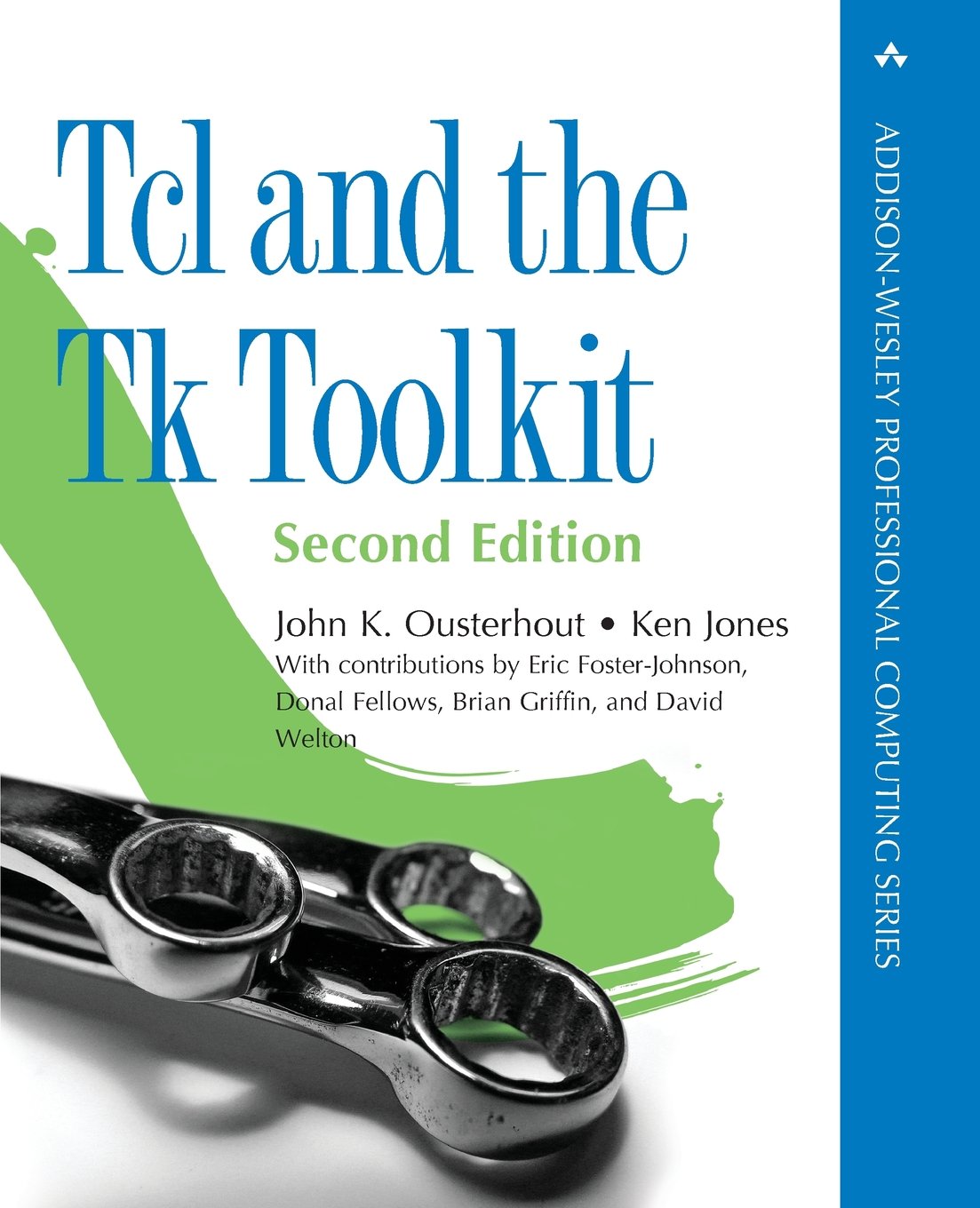Found in 3 comments on Hacker News
davidw · 2013-10-15
· Original
thread
Actually, internally, everything is not a string, and has not been that way since... 10+ years. Everything is representable as a string, though.
I actually like Tcl quite a bit even if I don't use it much these days:
http://www.amazon.com/Tcl-Toolkit-2nd-John-Ousterhout/dp/032... (See the cover for all of the authors' names :-)
davidw · 2012-11-16
· Original
thread
Seems like something where you want to illustrate the concepts of integrating with a scripting language:
* Calling out from your C program to the scripting language.
* Setting variables in the scripting language from C.
* Creating functions that can be called from the scripting language.
* Making those available by creating a loadable shared lib that the scripting language can utilize.
Stuff like that is not that different across different languages and if you've figured one out, others won't be that hard.
My take: Tcl's C API is pretty cool. I wrote about it some here: http://www.amazon.com/dp/032133633X/?tag=dedasys-20


It not only covers the language and its usage but goes into depth of both extending tcl in C as well as embedding it into an application for scripting it.